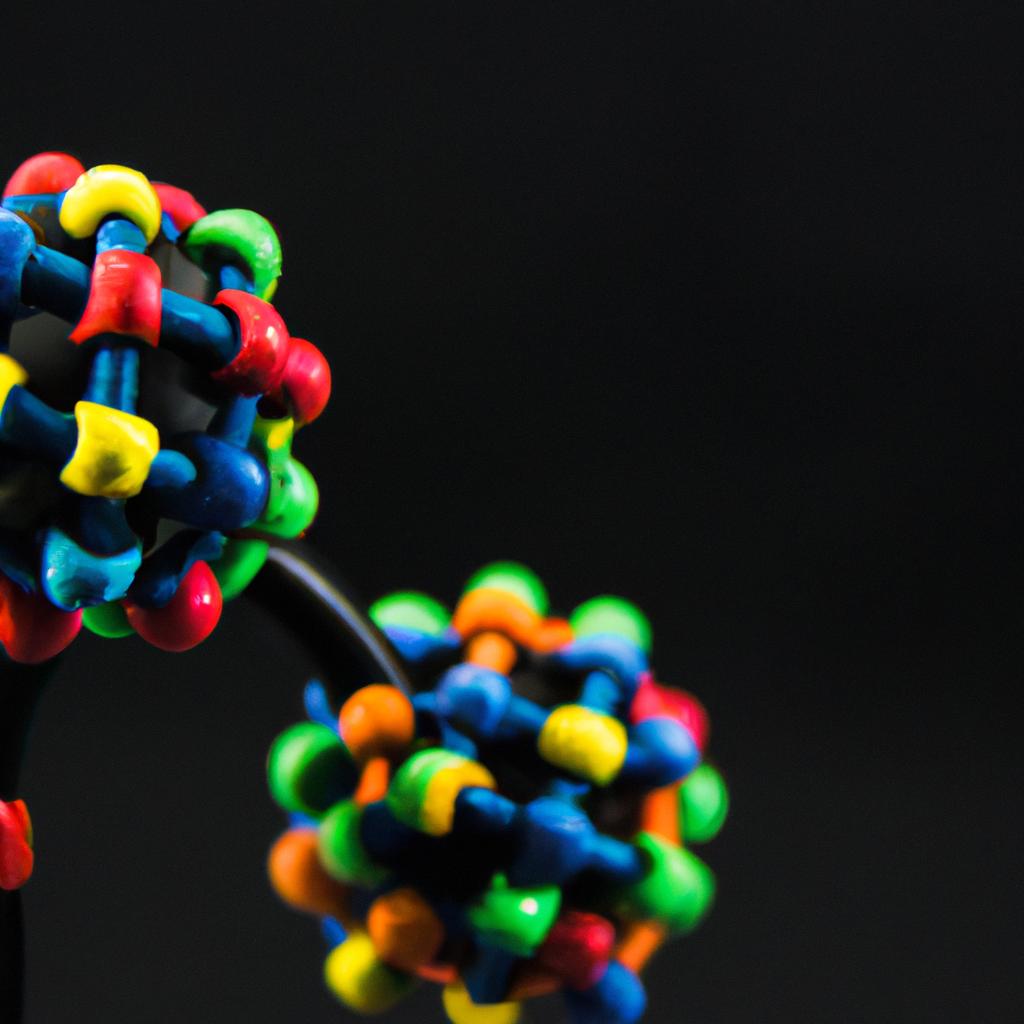Understanding Neurodiversity in Fitness: Tailoring Workouts for Different Cognitive Needs
Understanding Neurodiversity in Fitness: Tailoring Workouts for Different Cognitive Needs
Fitness requires a personalized approach. Each person has unique cognitive needs and processing styles. Neurodiversity highlights these variations, including ADHD, autism spectrum disorder (ASD), and dyslexia. Professionals must optimize health and wellness for everyone, regardless of cognitive profiles. This blog explores tailored workouts, nutrition tips, and the benefits of personalized fitness.
Understanding Neurodiversity in Fitness
Neurodiversity acknowledges neurological differences within the human experience. In fitness, people respond differently to exercise based on their cognitive styles. For example, individuals with ADHD may struggle to focus on one activity. In contrast, those with autism may thrive on routine. By recognizing these differences, fitness professionals can create inclusive and effective workout programs.
The Importance of Tailored Workouts
Tailoring workouts to cognitive needs enhances fitness experiences. Here are three key reasons:
1. **Enhanced Motivation:** Engaging in activities that resonate with cognitive profiles boosts motivation and commitment.
2. **Improved Engagement:** Personalized workouts reduce frustration and overwhelm from traditional programs.
3. **Increased Success Rates:** Aligning routines with preferences increases goal achievement, fostering accomplishment and self-esteem.
Nutrition Tips for Neurodiverse Individuals
Nutrition significantly impacts overall well-being. Dietary approaches can differ based on cognitive profiles. Here are practical nutrition tips:
Consider Balanced Meals
Aim for balanced meals with proteins, healthy fats, and carbohydrates. This combination stabilizes energy levels and supports cognitive function. Complex carbohydrates like whole grains enhance focus, while proteins from chicken, fish, or legumes provide sustained energy. Include healthy fats from avocados or nuts to support brain health and improve mood.
Stay Hydrated
Hydration affects cognitive function and health. Encourage water intake throughout the day. Dehydration can cause fatigue and decreased concentration. For extra hydration, include fruits like watermelon, oranges, or cucumbers, which provide water and essential nutrients.
Mindful Eating
Practice mindful eating to promote better digestion and meal satisfaction. Encourage individuals to pay attention to hunger cues and eat slowly. This practice helps regulate emotions and reduces impulsive eating. Mindfulness enhances meal enjoyment, making healthy eating more appealing.
Exercise Advice for Neurodiverse Individuals
Exercise routines should accommodate individual needs and preferences. Consider incorporating varied activities, short sessions, and flexibility in schedules. Encourage individuals to explore group classes or partner workouts for social engagement and support.
Conclusion
Tailoring fitness approaches to neurodiverse individuals optimizes health and wellness. Understanding cognitive differences fosters motivation and success. Nutrition and mindful practices further enhance overall well-being. Embrace neurodiversity in fitness for a more inclusive and effective experience.
Below are related products to the topic if you’re interested:
FAQ
What is neurodiversity and how does it relate to fitness?
Neurodiversity acknowledges the neurological differences among individuals, which can affect how they respond to fitness activities. Understanding these differences allows fitness professionals to tailor workout programs that cater to various cognitive styles, enhancing the overall fitness experience.
Why are tailored workouts important for neurodiverse individuals?
Tailored workouts are crucial because they enhance motivation, improve engagement, and increase success rates. By aligning exercise routines with individual preferences and cognitive profiles, individuals are more likely to enjoy their workouts and achieve their fitness goals.
What nutrition tips are beneficial for neurodiverse individuals?
Beneficial nutrition tips include aiming for balanced meals that combine proteins, healthy fats, and carbohydrates; staying hydrated; and practicing mindful eating. These approaches help stabilize energy levels, support cognitive function, and promote better digestion and meal satisfaction.















Post Comment